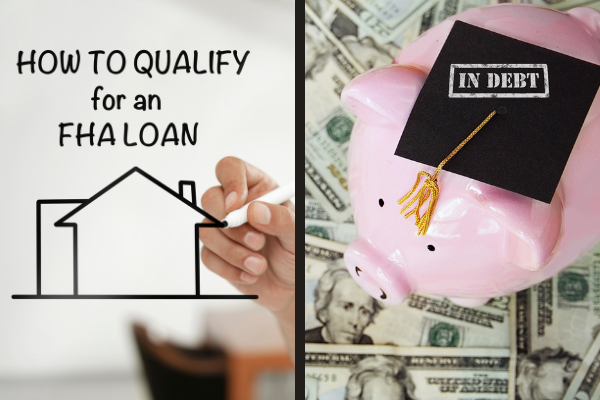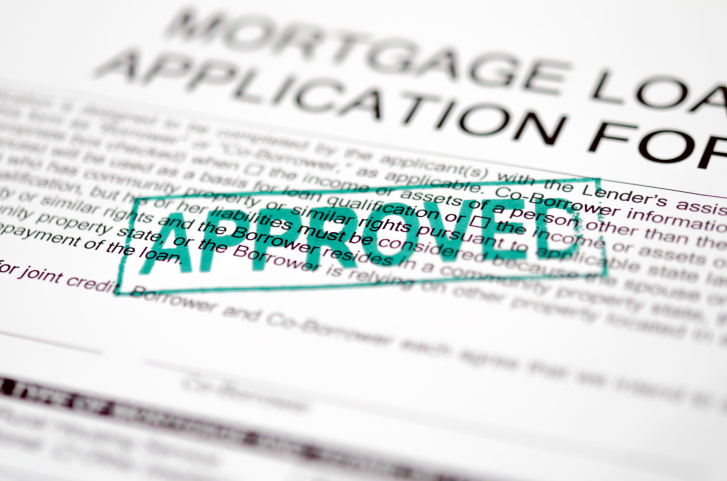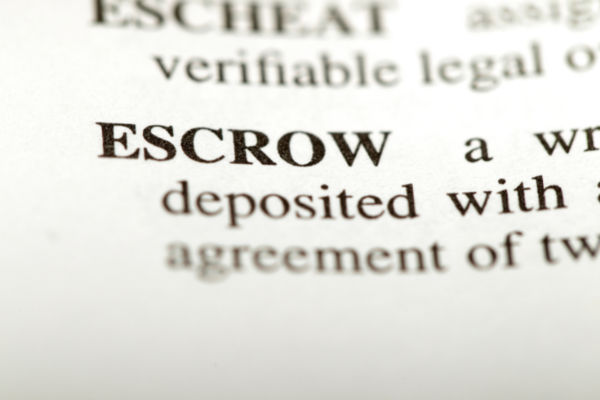Borrowers With Student Loans Might Have An Easier Time Qualifying For An FHA Loan
 In the past, a lot of potential borrowers were declined for FHA loans due to the presence of student loans. Now, the Biden Administration along with the FHA has eased a lot of their regulations surrounding student loans, making it easier for borrowers with student loans to qualify for a home loan. The FHA required that FHA mortgage companies calculated the monthly student loan payment as one percent of their outstanding loan balance if the loans were not fully amortized; however, this is now changing.
In the past, a lot of potential borrowers were declined for FHA loans due to the presence of student loans. Now, the Biden Administration along with the FHA has eased a lot of their regulations surrounding student loans, making it easier for borrowers with student loans to qualify for a home loan. The FHA required that FHA mortgage companies calculated the monthly student loan payment as one percent of their outstanding loan balance if the loans were not fully amortized; however, this is now changing.
The One Percent Rule Is Not Always Accurate
Even though the one percent payment rule has been in place for a long time, it is not always the most accurate way of evaluating the size of a borrower’s potential loan payments. For example, a lot of students are on income-adjusted repayment plans, meaning they are not necessarily paying as much as one percent of the outstanding balance every month. This means that some borrowers were getting declined even though they may have had enough money to pay back the mortgage. With numerous borrowers owing more than $100,000 in loans, many applicants for homes were turned down.
New Guidelines Are Being Put In Place
Under the new guidelines, lenders can use a buyer’s actual monthly payment in terms of debt calculations even if that payment is less than one percent of the total balance of the loan. If the income-adjusted repayment plan means the borrower is not currently paying anything, then the lender will apply 0.5 percent of the outstanding loan balance every month instead of one percent.
A Boost To Borrowers With Student Loans
This change is significant because it alters the way lenders are calculating the debt-to-income ratio. If student loans are no longer making up a large portion of a borrower’s monthly debt payments in the calculation, they might have an easier time qualifying for a first-time home loan. Anyone with student loans who is interested in taking out an FHA loan should talk to a loan officer who is familiar with the updated guidelines. Even applicants who were denied in the past might have a chance to qualify for a home loan under the new rules.
 A significant number of people are self-employed, which means they might be relying on this income to apply for a mortgage. It is true that people who are self-employed may face additional challenges when trying to get approved for a home loan when compared to someone with traditional W2 income, these are obstacles that can be overcome. With the right qualifications and documentation, even first-time homebuyers who are self-employed should be able to qualify for the home loan they need.
A significant number of people are self-employed, which means they might be relying on this income to apply for a mortgage. It is true that people who are self-employed may face additional challenges when trying to get approved for a home loan when compared to someone with traditional W2 income, these are obstacles that can be overcome. With the right qualifications and documentation, even first-time homebuyers who are self-employed should be able to qualify for the home loan they need. When someone is looking at purchasing a home, they usually focus on the purchase price of the home and the potential monthly payment. At the same time, there are other costs that need to be included as well. This includes home insurance and real estate taxes.
When someone is looking at purchasing a home, they usually focus on the purchase price of the home and the potential monthly payment. At the same time, there are other costs that need to be included as well. This includes home insurance and real estate taxes.